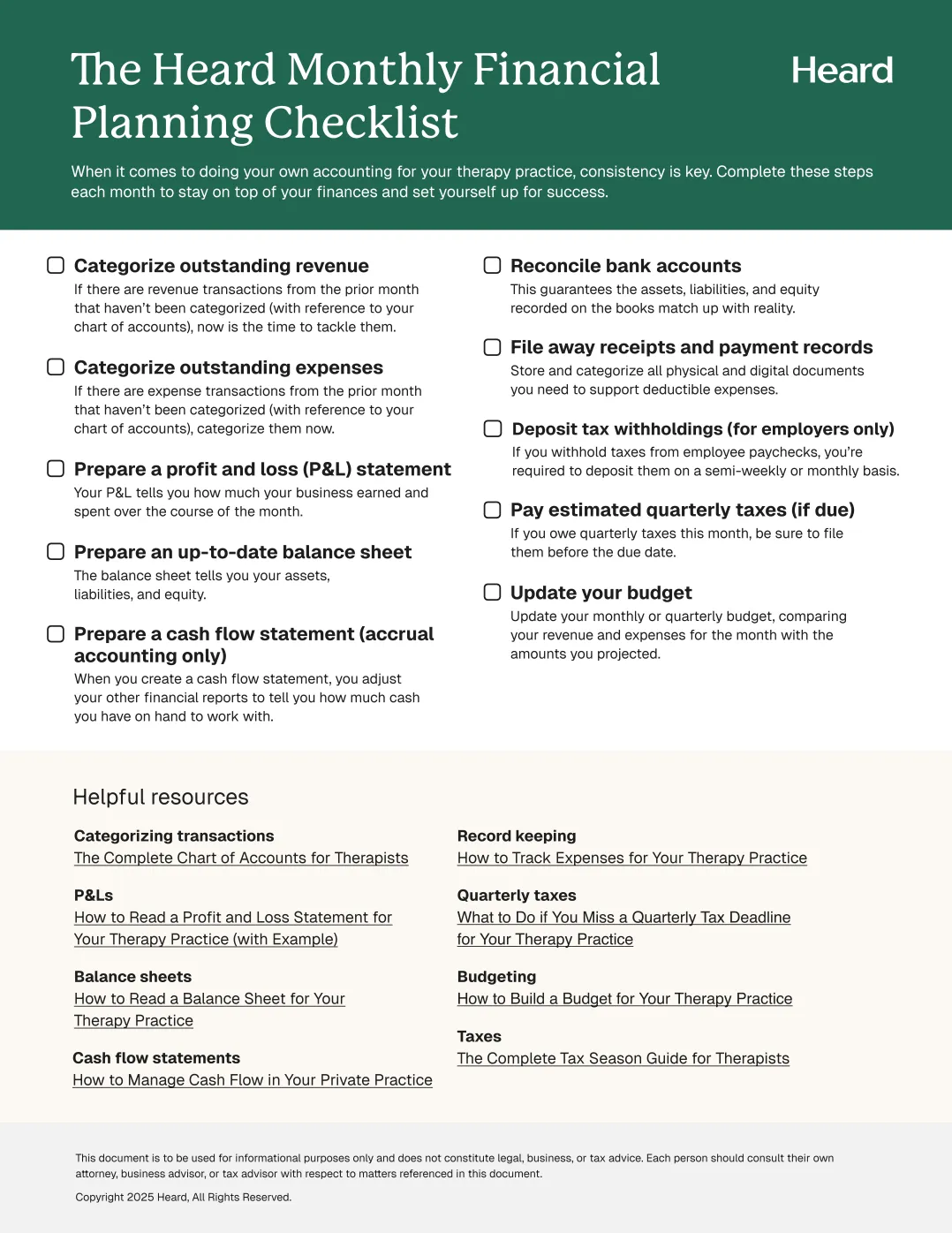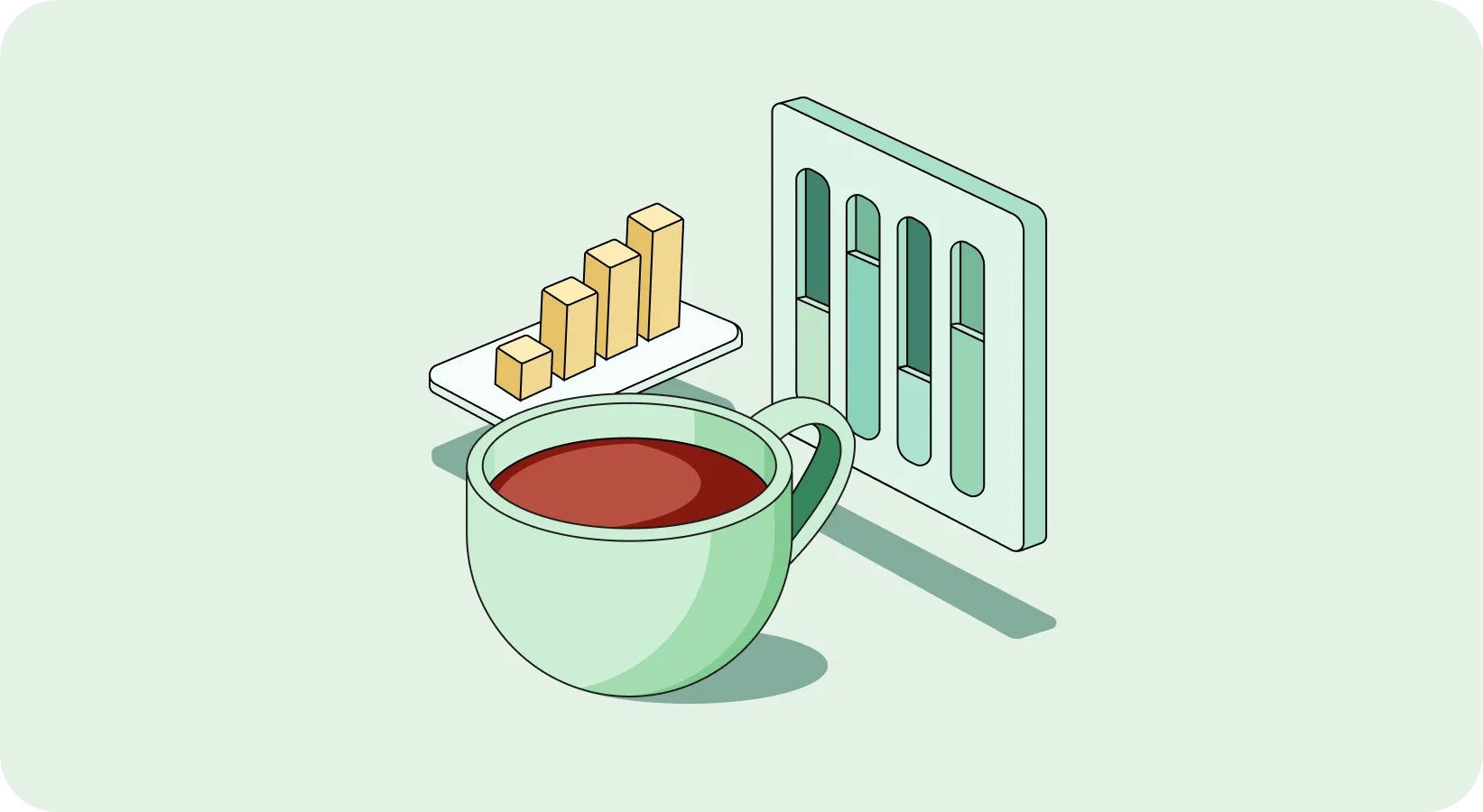Even before COVID-19, loneliness was something I experienced as a therapist.
To those reading who are not mental health practitioners, that might come as a surprise. “You talk to people all day, don’t you? How is that lonely?”
But the truth is, there is something about the one-way exchange of vulnerability at the heart of the therapeutic process that can leave a provider feeling emotionally drained at the end of the day.
Pair that with the fact that you come home from a long day of listening to confidential and at times heart wrenching stories, and can’t really share in any great detail what had transpired in the confines of your workspace with your friends and family, and it can feel downright isolating at times.
And this was before COVID-19.
{{resource}}
Moving my whole life online
I will admit, I was at an advantage going into quarantine in March of 2020, as over half my practice was already telehealth-based. I didn’t have to scramble to get set up with online telemedicine platforms and procedures, and I’m grateful for that. But after March, it wasn’t just therapy sessions—my whole life went online.
Most of each day was now spent sitting in my home office chair, completely alone. I had to remind myself to stand up and stretch. There were no small exchanges in the elevator coming and going from my office or networking events to head to after work.
The little things were lost. And as it turns out, those little things added up to a whole lot.
Therapists get lonely, too
For me, one of the unique aspects of living through a pandemic as a therapist has been that it is a shared experience I am having with my clients. For them, because of the quarantine, therapy inevitably became just another video appointment to fit in after hours and hours of Zoom meetings. Many are facing financial hardship and an exacerbation of anxiety and depression.
Meanwhile, I am feeling the stress of the pandemic too, but I need to put that stress to the side, hour after hour, as I hold space for my clients as their provider. This leads to increased exhaustion, disconnection, and, yes, loneliness.
Loneliness was an epidemic in America long before the novel coronavirus ever reached our shores. And loneliness can have serious health consequences. Research has linked loneliness to higher risk for obesity, anxiety and depression, cognitive decline, a weakened immune system, and increased risk for early mortality (Holt-Lunstad & Smith, 2010). We know that loneliness is an important issue in our society.
But now, more than ever, we are all feeling the stress of this prolonged isolation. That is why it is so vital to find creative ways to connect safely during this time. For therapists, practicing what we preach has never been so important.
{{resource}}
Finding community at Heard
And that’s how I found myself apprehensively cradling a drink on my couch and logging on to my first virtual therapist happy hour hosted by Heard, a company that aims to bring therapists in private practice together as a community.
After the initial awkwardness of being on video with other therapists I had never met before, we started to drop into conversation and share about the challenges of moving our practices and lives online—from technology failures to rapport ruptures to just feeling tired of sitting in front of a screen all day.
And no, it didn’t completely eradicate the stress. We’re living in a pandemic, after all. But for an hour, I could really feel heard, and understood, as a therapist, by other therapists. I knew I wasn’t alone. And there was something really powerful about that.
In addition to the virtual happy hours, Heard seeks to create a virtual community for therapists by providing a clinical referral network, peer consultation groups, and business training resources for private practice.
So, if you are a therapist reading this, I want to offer that to you now. If you are feeling lonely and exhausted, please know that you aren’t alone. And it’s okay to not be okay some days. But just keep showing up.
Do the awkward or uncomfortable things that help you move beyond that isolation. Connect with other therapists in online forums. Email a few providers who worked down the hall from you before you went online and ask if they want to do a virtual coffee chat. Attend that Zoom happy hour your alma mater put together. Join a virtual yoga class on your lunch break. Any little thing that helps you stay connected.
Because if we’ve learned anything from losing so many of the little things in life this year, it’s that the little things really do matter.
—
References: Holt-Lunstad, J., Smith, T. B., Baker, M., Harris, T., & Stephenson, D. (2015). Loneliness and Social Isolation as Risk Factors for Mortality: A Meta-Analytic Review. Perspectives on Psychological Science, 10(2), 227–237.
Dr. Asha Bauer is a psychologist in private practice, and a health science specialist with the National Center for PTSD, where she studies telehealth and web-based delivery of evidence-based interventions for trauma-exposed veterans. She completed her doctorate degree in clinical psychology at Indiana State University and her post-doctoral training at the Long Beach VA Medical Center. Dr. Bauer serves as a clinical advisor to Heard, a mission-driven start-up aiming to help therapists thrive in private practice.
Originally shared on Medium.
This post is to be used for informational purposes only and does not constitute legal, business, or tax advice. Each person should consult their own attorney, business advisor, or tax advisor with respect to matters referenced in this post.
{{cta}}
Manage your bookkeeping, taxes, and payroll—all in one place.

Discover more. Get our newsletter.
Get free articles, guides, and tools developed by our experts to help you understand and manage your private practice finances.





.webp)